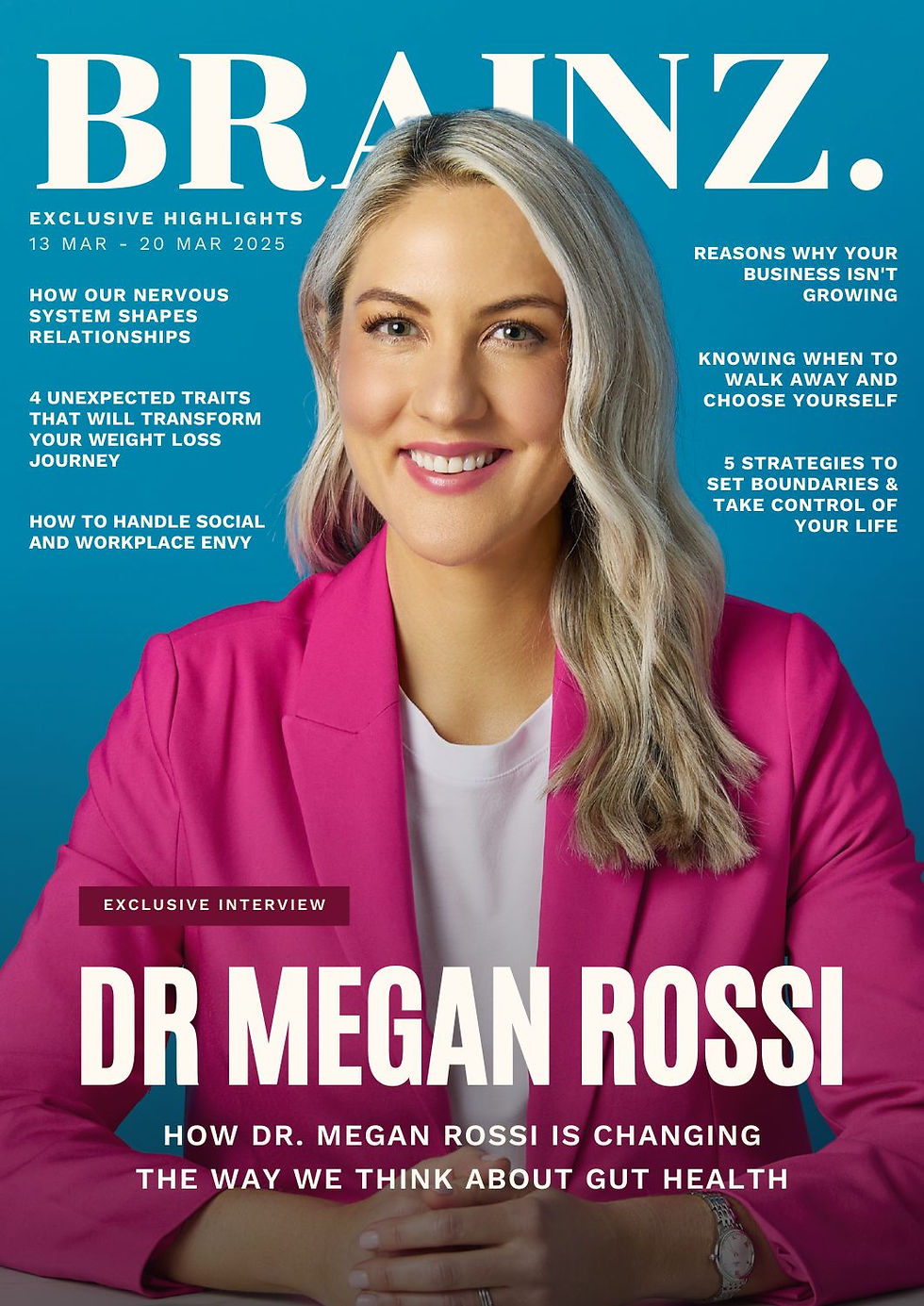Written by: John Starling, Executive Contributor
Executive Contributors at Brainz Magazine are handpicked and invited to contribute because of their knowledge and valuable insight within their area of expertise.

Artificial intelligence (AI) tools continue to appear and morph at an unprecedented pace, driving deep uncertainty about AI’s future roles and consequences for workers and the global economy. On one side are pundits assuring us that AI for business, like the technological leaps that preceded it, will drive job creation and growth. Other pundits predict global turmoil and societal unrest due to widespread unemployment caused by rapid AI adoption.

With so much unknown and undetermined, the best chance for success lies in positioning the businesses and organizations we lead to respond to whichever future develops, be it sunny, dark, or somewhere in between. Wise leaders will ensure they are nurturing a solid leadership team equipped with the skills to steer through uncertainty and transform it into clarity and focus. Times of upheaval and change call for strategic thinking, clear communication and delegation, resilience, emotional intelligence, and more. The time to develop and reinforce those skills is now.
Focus on adaptability
As the speed of technological change has outpaced the ability to predict where the future is leading, the companies that will survive and thrive will be the ones that are engineered to recognize trends and adjust to take advantage of opportunities that present themselves. A wait-and-see approach won’t work when governments are still scrambling to stay abreast of the AI revolution and the AI trailblazers are facing lawsuits around privacy and intellectual property that may change the products they provide.
Adaptable firms are able to navigate the unknown because its people are focused on the challenge and brought into the mission. Their decision-makers have the bandwidth to think strategically as well as the internal processes that enable the organization to pivot quickly to take advantage of new opportunities and avoid new risks.
Leaders will need to bolster their teams’ risk assessment and management capabilities to navigate this fast-changing landscape in which AI trailblazers are facing lawsuits alleging intellectual property and privacy violations, and governments are increasing efforts to establish regulations around AI.
Shape the future
Equally crucial is our responsibility as business leaders to each do our part to positively influence the future of employment by focusing on three key Rs: refraining, retaining, and retraining. Refraining from making significant staffing moves based on hopes or fears about what AI portends. And focusing on retaining and retraining the people who have made our organizations successful.
The AI revolution is being perceived by many as an opportunity for massive cost-cutting driven by staff reductions. This is short-sighted on multiple fronts. Economies are ecosystems, and AI is the product of a knowledge economy. Rapid wholesale adoption of AI as a human replacement rather than a human accelerator could negatively impact the long period of peace and prosperity that fueled its development in the first place. Beyond that, it would be a mistake to assume without full testing and quality control that AI can replace people to the degree its evangelists promise. Instead, we can leverage AI to increase the productivity and capabilities of an organization’s people. AI should be thought of as a tool to remove the mundane tasks and sharpen the analysis performed by your employees, focusing them on the critical thinking tasks that create your company’s competitive advantage.
AI will be crucial in automating much of the digital assembly line that knowledge workers have been tied to as Big Data changed the face of business over the past decades. By strategically adopting AI tools to give our people more time to engage in inherently human activities like innovation, novel insight, and problem-solving, we will be able to help create a future world we want to see. With the right intention AI can turn writers into editors and programmers into analysts and solution architects. We can free up knowledge workers to tackle the most pressing problems facing our planet, such as those caused by a changing climate, resource scarcity and human conflict.
Bet on people
If we want a better, safer, and more people-centric world, we must help it come into being. The strategies suggested here can position businesses for competitive advantage, help make AI development a positive societal development, and enable us to best serve the people we have the privilege to lead.
David Hickey, CEO of Alirrium, and Chuck Faughnan of Personam.ai contributed to this article.

John Starling, Executive Contributor Brainz Magazine
For over 20 years John Starling built and led management consulting firms focused on growth strategy and personal development. He advised, trained, and consulted hundreds of companies around the world (from start-ups to members of the Fortune 50) and has professionally coached countless individuals.
In 2019 he founded Pietential – "The Life Balance and Population Wellbeing Realization System".
Pietential is a real-time emotional Index of the people you lead and serve. For Enterprise companies, SMBs, NGOs, NPOs and Advisors, Pietential is a wellbeing benchmarking, monitoring and improvement platform that also allows you to prove the efficacy of your internal internal programs. It provides organizations with an Administrative Dashboard displaying aggregated (and anonymized unless shared by the User) comparative data visualizations of the emotional wellbeing of the different segments of the populations you lead and serve allowing you to better understand you – and how your people are doing.
Dedicated to the communities in which he's lived, John has also founded two youth programs: a mentoring & martial arts school for at-risk young people in Baltimore, Maryland (The School of the Way) and a girls soccer club in South Korea (Pride Girls Soccer). He is also the author of an illustrated rhyming children's book "Flight of the Platypus –– a story of self-discovery".
John's life philosophy is "If you can see it you can be it" and he's dedicated to helping others visualize and improve their wellbeing through Pietential.


